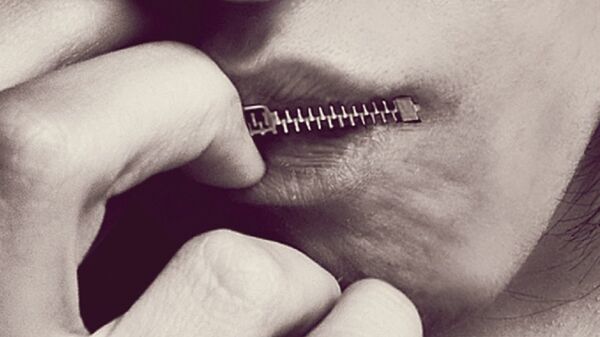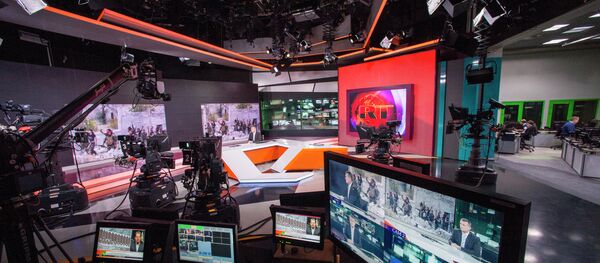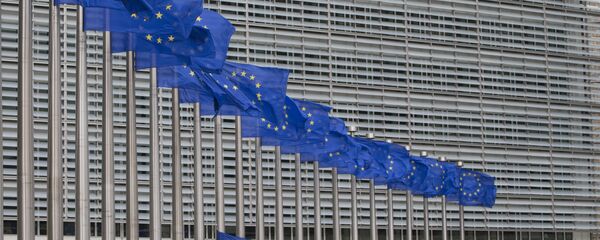Asked about whether alternative views pose a danger to European democracy, Gellermann did not mince words describing these allegations as "utter nonsense."
"There is a steady fall in the mainstream media's trust in Germany, and this decrease of confidence, so to say, is camouflaged by an attack on the Russian media. It is a mixture of absurdity and idiocy," he said.
Slamming the EU Parliament resolution as a document which is out of line with the freedom of speech and the press principles, Gellermann warned of the danger of drawing parallels between Russian media and Daesh propaganda.
"Equating Russia's political influence with terrorist initiatives as well as playing the 'terrorist card' with respect to Russia is a dirty trick. The only silver lining here is that no one believes in this trick," he added.
Touching upon the procedure pertaining to the adoption of the resolution, Gellermann did not rule out that the MEPs did not think twice before voting for the document, in a move that he said was "a mixture of faith and superstition."
"I'm more or less sure that if this resolution becomes a law, it will provoke great fun at the European Union. Even some conservatives will not participate in it, because it goes too far," he said referring to the resolution.
He also made fun of the EU's plans to actively cooperate with NATO to counter Russian propaganda.
"I do not know what this cooperation will look like. Maybe NATO pilots will scatter leaflets over Eastern Europe? Although NATO is officially called a defensive alliance, it is actually an aggressive military bloc that has never operated as a news agency. This EU resolution is causing some very foggy thinking," Gellermann said.
A total of 691 lawmakers participated in the vote: 304 voted in favor of the resolution, 179 against it and 208 abstained from voting. The authors of the document equate counteracting Russia with the resistance to Daesh terrorist group and call on EU member states to boost financing counter-propaganda projects.




